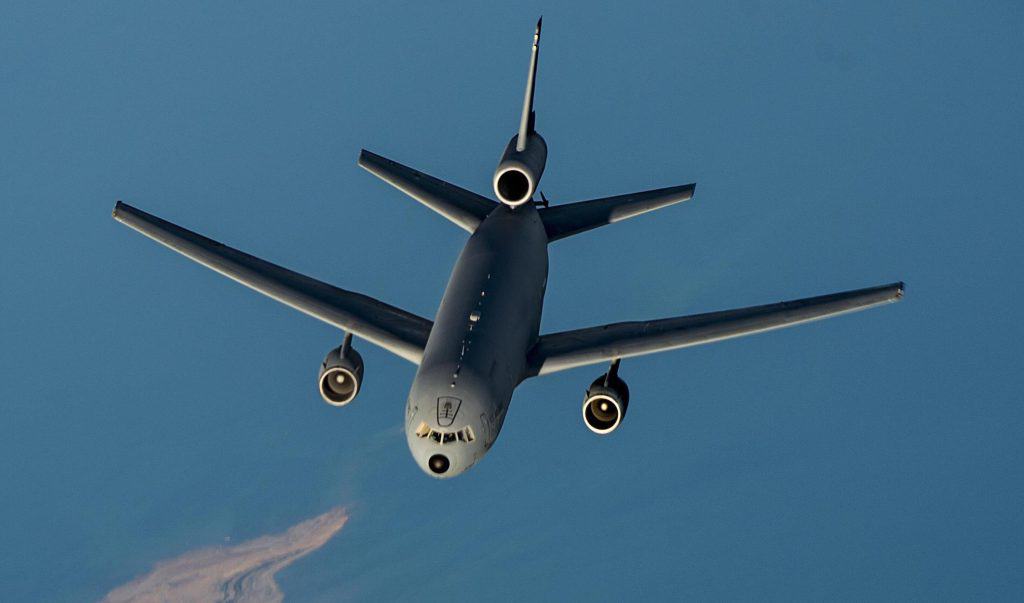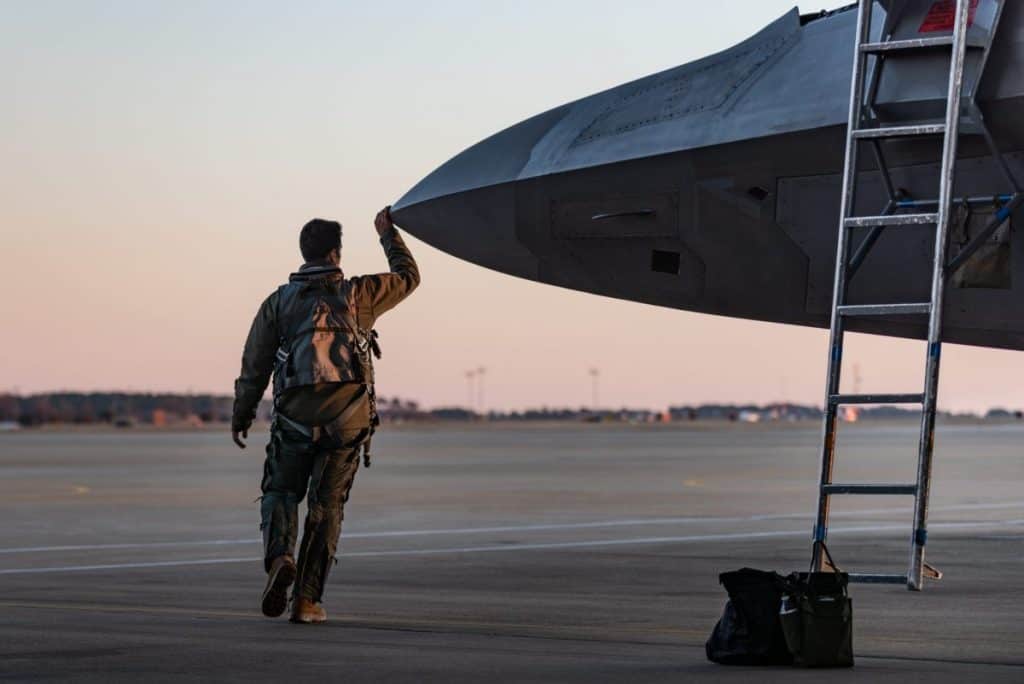Your Job as an Airline Pilot: The Hidden Benefits

Being an airline pilot is a cool job. As a pilot, you get a view of the world that is unmatched in any other profession. You don’t go to an office—your place of business goes as far as the fuel in the tanks. As a pilot you don’t have to wait months for a project to come to fruition; you see the results of your work immediately. Being an airline pilot is also the ultimate in responsibility. Few professions require the faith that the public places in you every time they board your aircraft.







